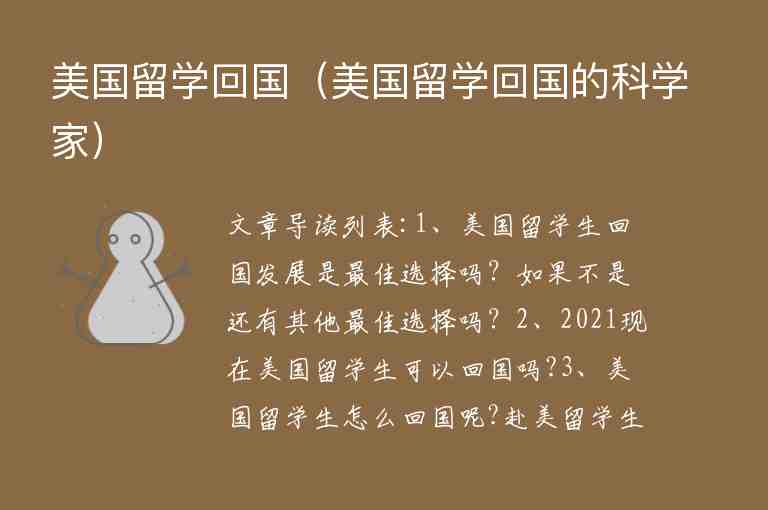driver是名词,指驾驶员、司机。它也可以作为动词,表示驾驶、推动或激励某事物。
怎么读(音标)
[ˈdraɪvər]
用法
1. 名词用法:
a. 指驾驶员、司机:He is a truck driver.(他是一名卡车司机。)
b. 指某种工具或设备的操作者:The printer driver is not compatible with your computer.(这个打印机的操作者与你的电脑不兼容。)
2. 动词用法:
a. 表示驾驶:He drove the car to the airport.(他把车开到了机场。)
b. 表示推动:The new policy drove the company's growth.(新推动了公司的增长。)
c. 表示激励:His passion for music drove him to become a musician.(他对音乐的热情激励他成为了一名音乐家。)
例句1-5句且中英对照
1. The taxi driver took me to the train station.
(出租车司机把我送到了火车站。)
2. The truck driver had been driving for 10 hours straight.
(卡车司机已经连续开了10个小时的车。)
3. The computer needs a new printer driver to work properly.
(这台电脑需要一个新的打印机驱动程序才能正常工作。)
4. His determination and hard work drove him to success.
(他的决心和努力把他推向了成功。)
5. The strong winds drove the boat off course.
(强风把船吹偏了航道。)
同义词及用法
1. chauffeur:指专门开车为别人服务的司机,通常指私人或高级客户的专属司机。
例句:The wealthy businessman always travels with his personal chauffeur.
(这位富商总是带着他的私人司机出行。)
2. operator:指操作某种设备或工具的人,也可以指接线员或电脑操作员。
例句:The machine operator needs to be trained before using the equipment.
(机器操作员需要在使用设备之前接受培训。)
3. pilot:指驾驶飞机或直升飞机的人。
例句:The pilot announced that we would be landing in 20 minutes.
(飞行员宣布我们将在20分钟后降落。)
编辑总结
driver作为名词,可以指驾驶员、司机,也可以指某种工具或设备的操作者;作为动词,可以表示驾驶、推动或激励某事物。除了以上提到的同义词外,还有driverless(无人驾驶)和driving force(推动力)等相关词汇。在使用时,需要根据上下文来确定具体含义。

